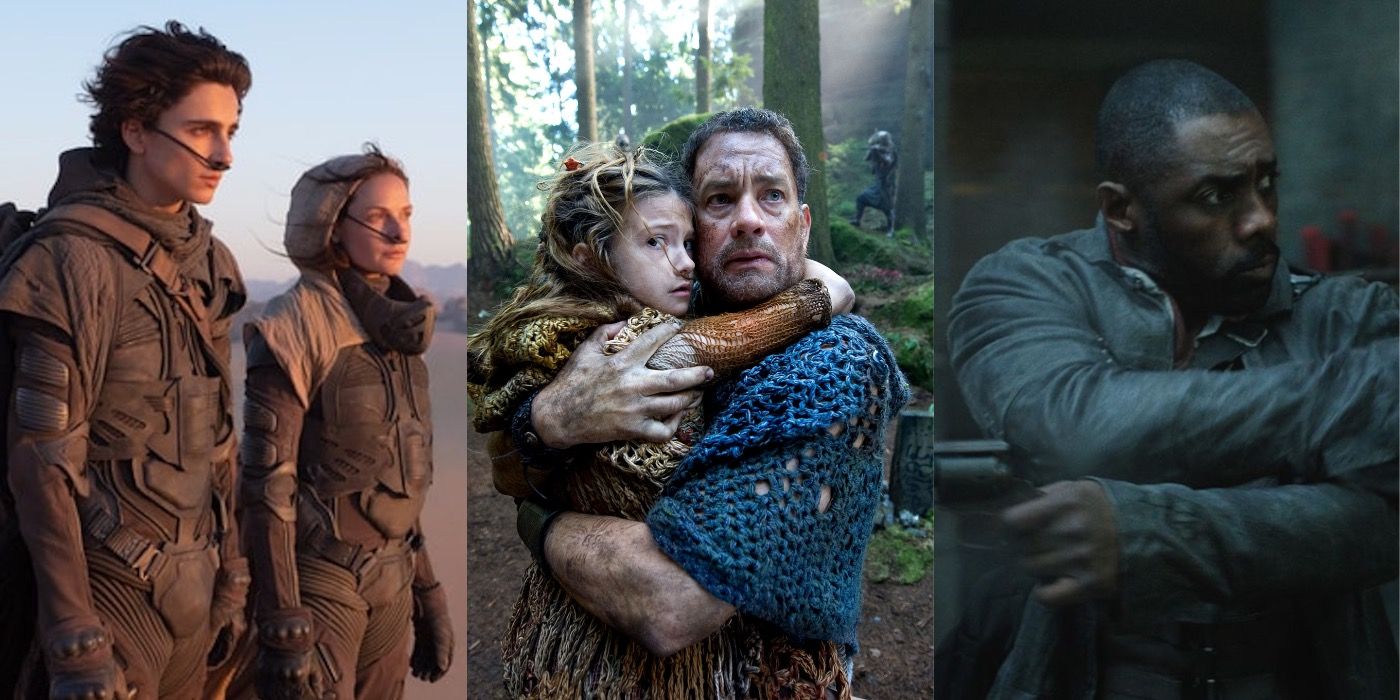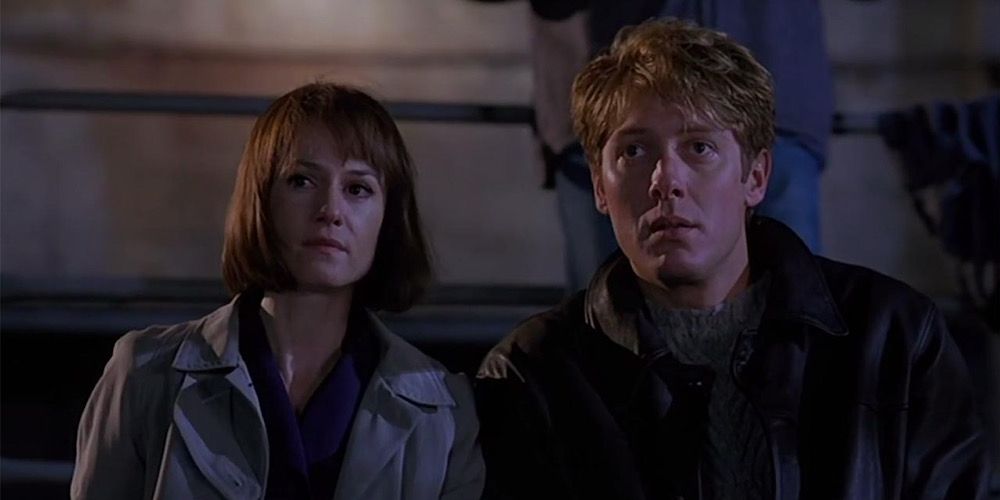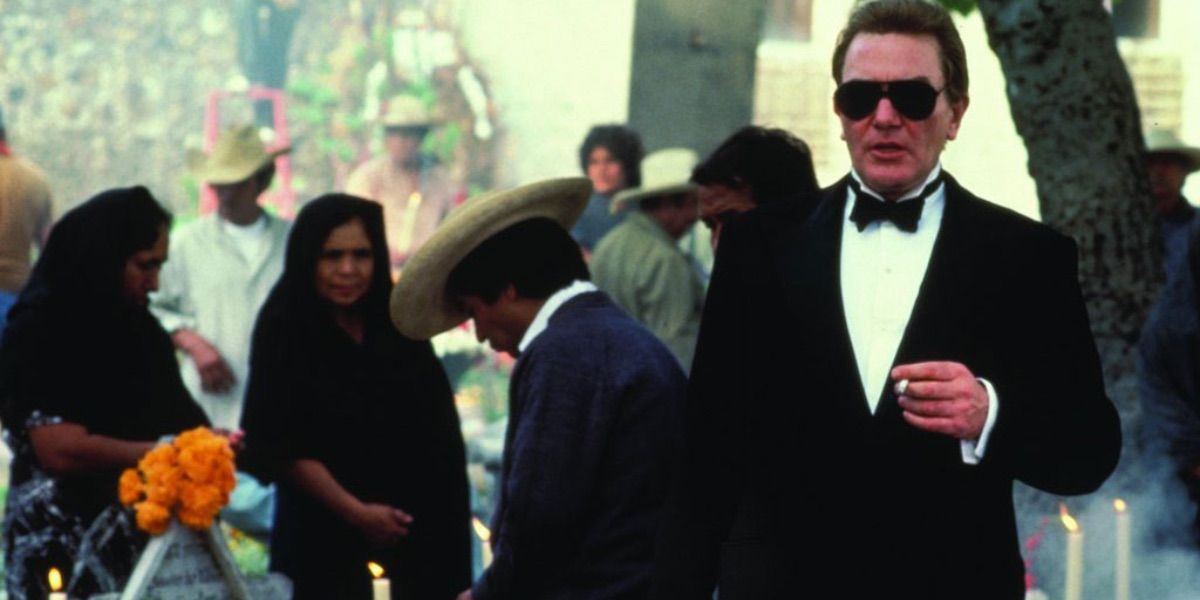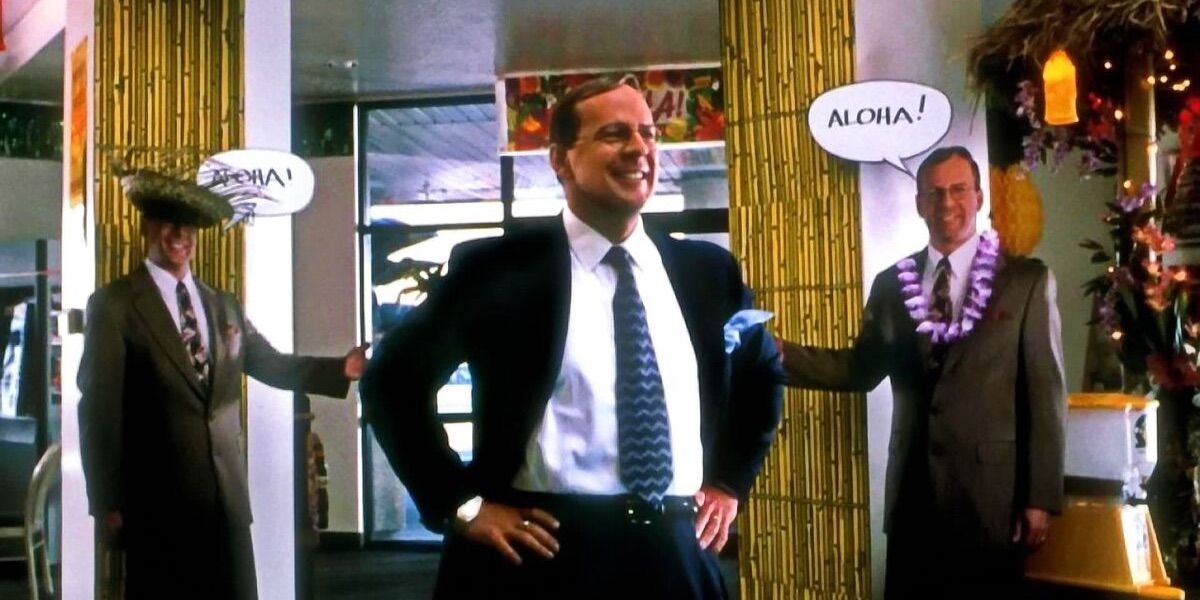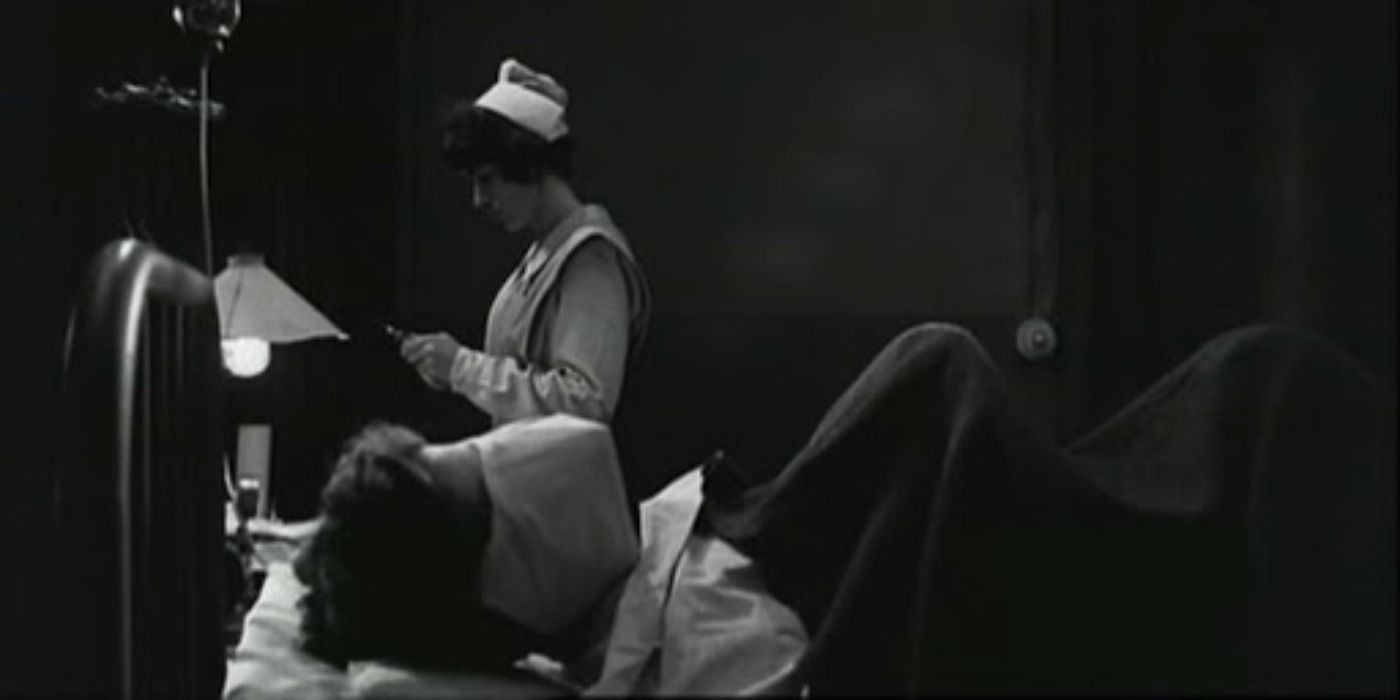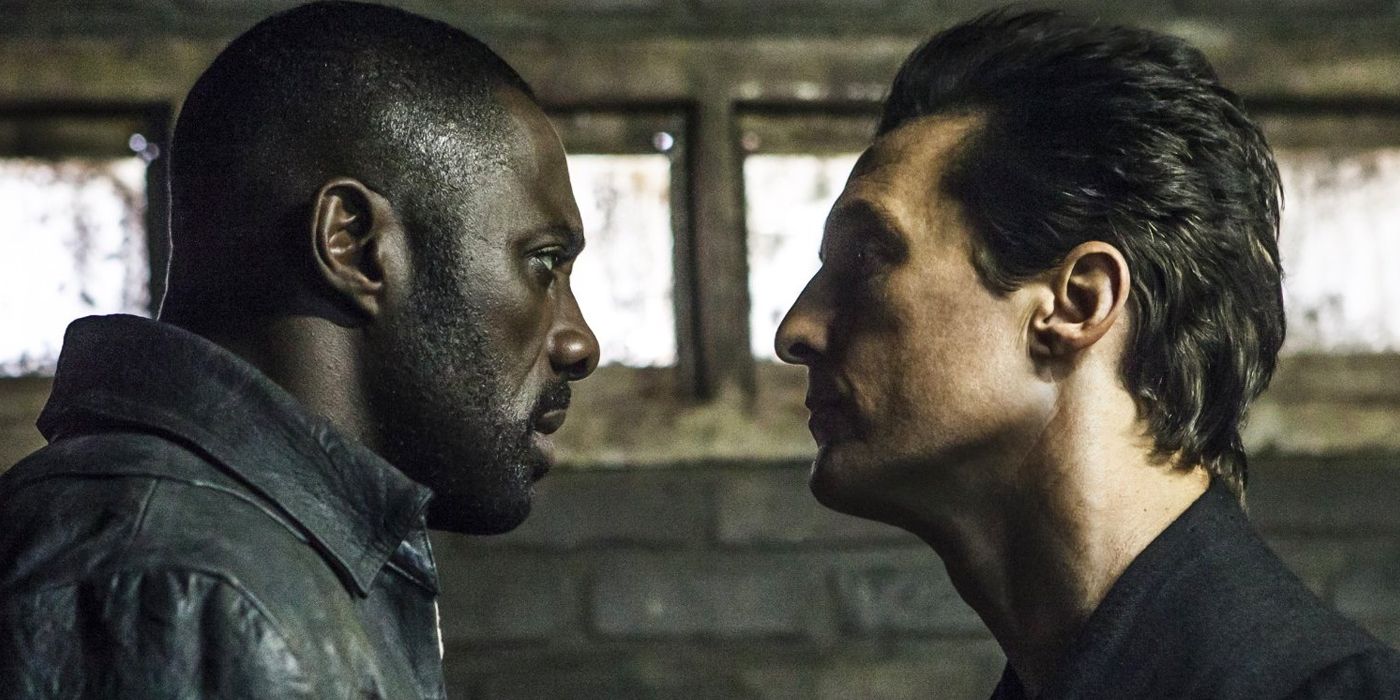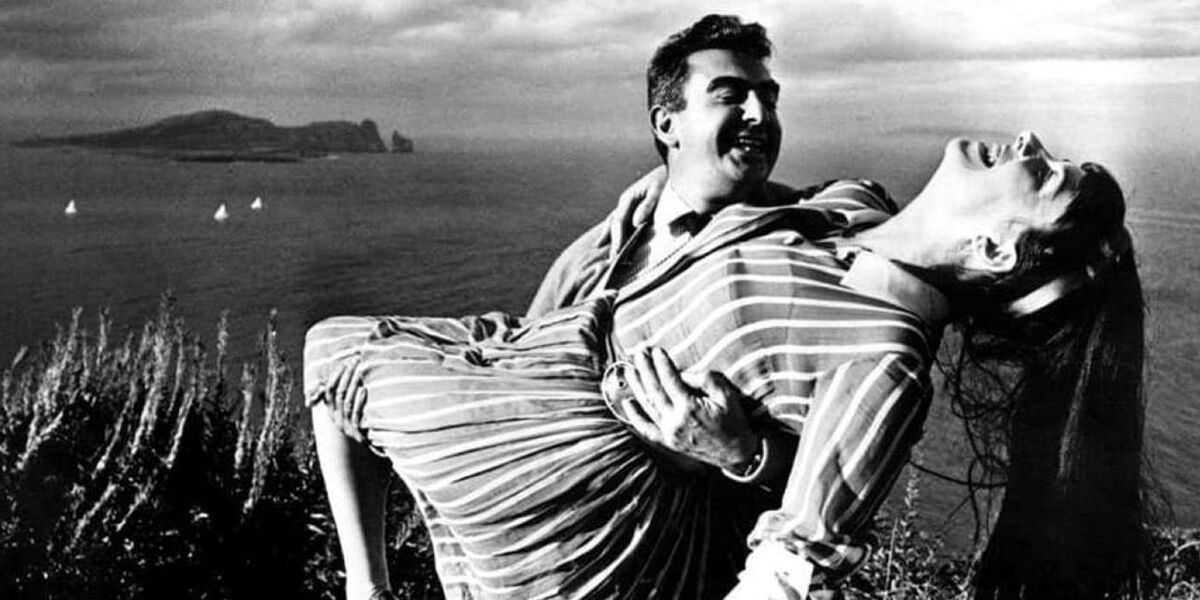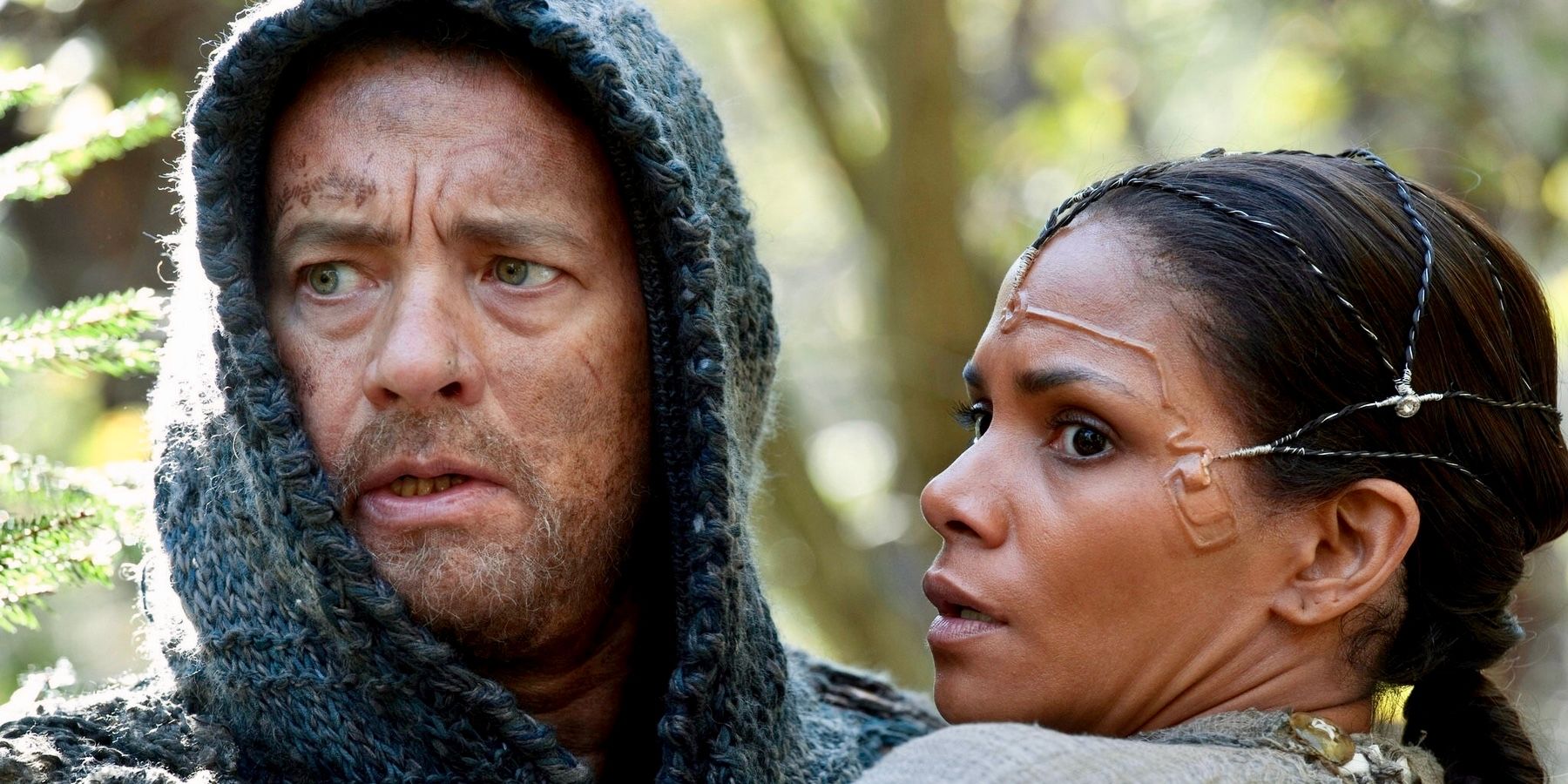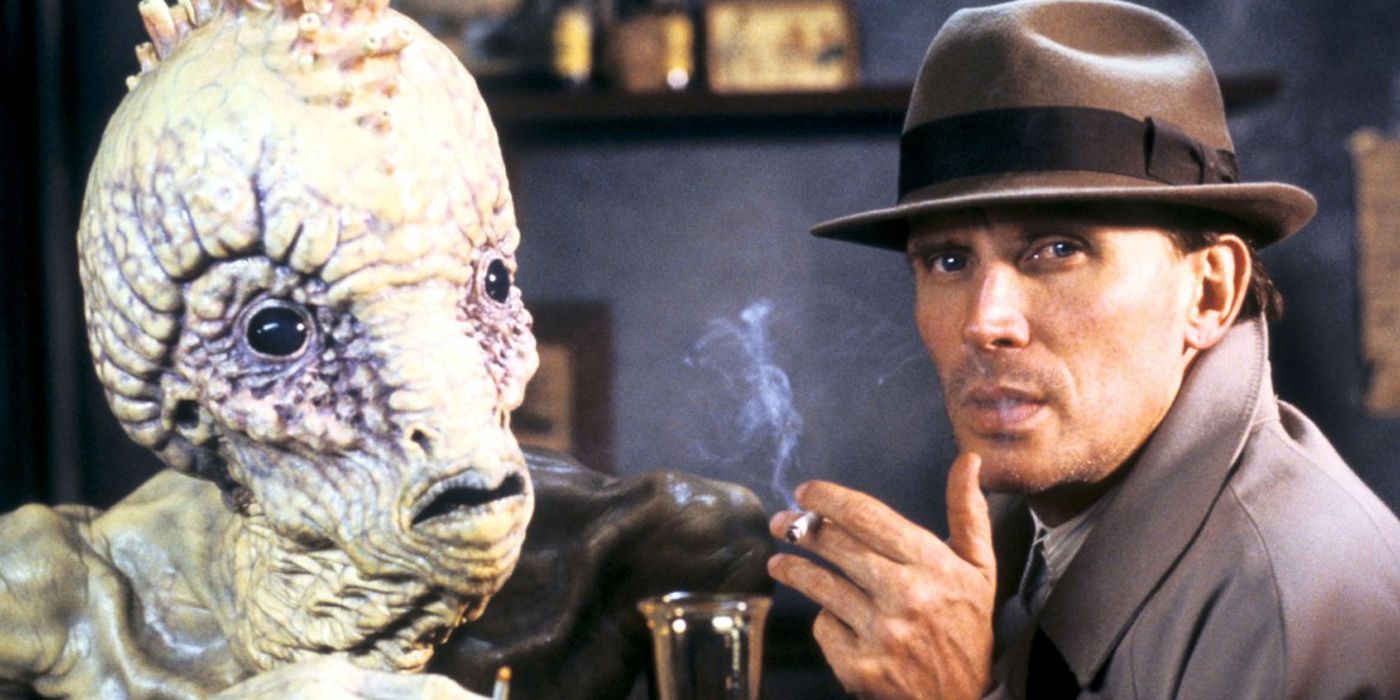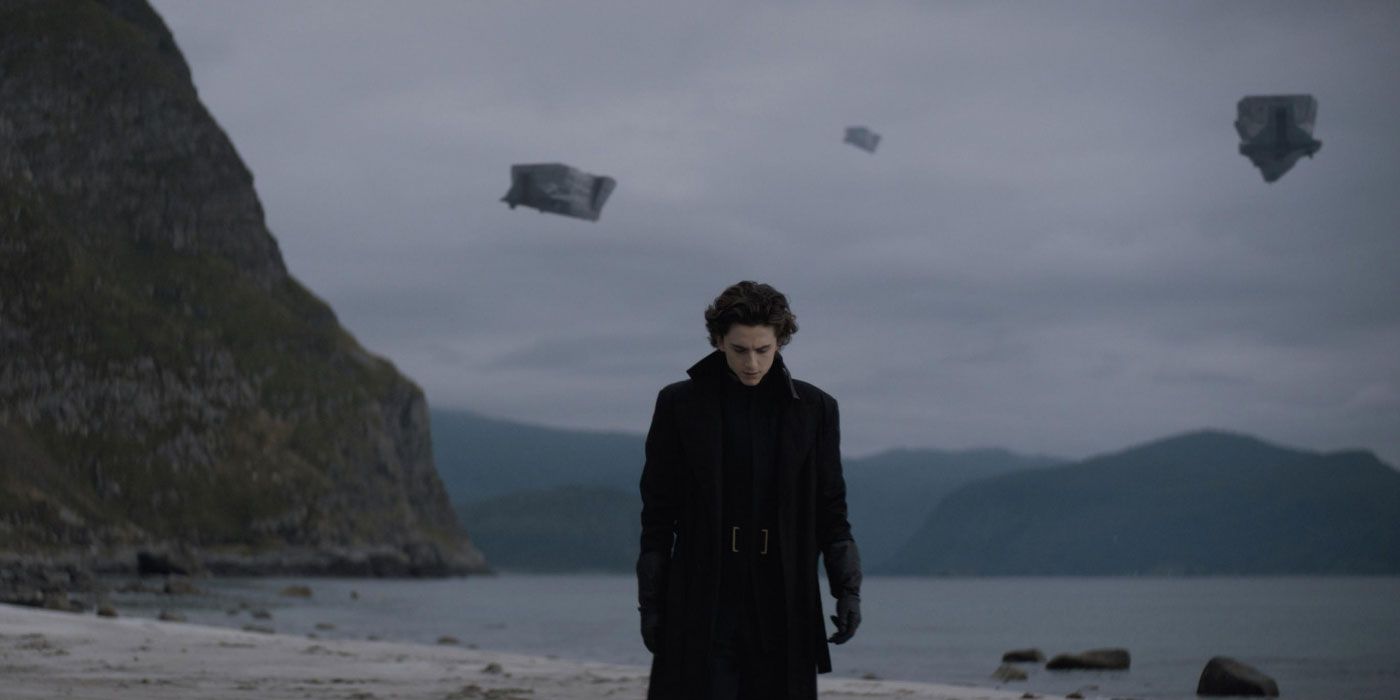Book adaptations have been a part of cinema history since the beginning, and when creators look for great stories, they often turn to the novel for inspiration. While some books scream to be adapted to the screen, others have always been considered to be impossible to bring to life.
Whether its science fiction epics like Dune, or startling dramas like Lolita, the film world is littered with attempts to adapt the unadaptable. Though unadaptable books have been made to various degrees of success, they prove that filmmakers are never afraid to do what others say can't be done.
Crash (1996)
J.G Ballard's novel Crash is the story of a man who suffers a terrible car accident and seeks counseling for his mental health. In his pursuit of health, he encounters a doctor who is obsessed with recreating crashes for the sake of mental release as well as sexual satisfaction.
With a bonkers premise like Crash has, the book seemed destined to never see the inside of a movie theater. However, horror director David Cronenberg approached the piece and saw a fair amount of his own style in the story. Generally considered one of Cronenberg's scariest films, Crash is the perfect blending of body horror, and Cronenberg's trademark mixture of humans and technology.
Under The Volcano (1984)
Though considered a classic novel, Malcom Lowry's Under The Volcano sat for nearly forty years before anyone attempted to adapt it. The story follows a disgraced British diplomat named Firman who is living out his final days as an unrepentant alcoholic in a small Mexican town.
Set over the course of one day, the book is an exploration of Firman's mental and physical decline, set against the backdrop of the Day of the Dead festivities. Legendary filmmaker John Huston took a noble stab at the story and managed to make an accessible film from the disparate parts that Lowry provided. The film is an intimate character study and Firman is brought to life exquisitely by Albert Finney.
Breakfast Of Champions (1999)
Legendary author Kurt Vonnegut may have written a handful of classics, but few of them were ever adapted to the screen. Breakfast of Champions follows the inhabitants of a small mid-western town and all of the strange and eccentric aspects of their day-to-day lives.
Though rip-roaringly funny, the book also doesn't provide much by way of plot. Therefore, a film adaption would have to rely heavily on the individual aspects of each scene, and its cast. While it was a commendable attempt to bring the story to life, the film Breakfast of Champions was a pale imitation of Vonnegut's razor-sharp wit.
Johnny Got His Gun (1971)
Now most known for having his career ruined by the Hollywood blacklist, Dalton Trumbo also served up a chilling anti-war novel. Johnny Got His Gun is from the perspective of a soldier who recounts aspects of his life on a hospital bed. Slowly he begins to realize the horrific extent of the injuries that he suffered during the war.
Told entirely from the first-person perspective, the story is all within the mind of the character. Therefore, a film adaption would always feel too literal when compared to the book. Despite this, the film Johnny Got His Gun still attempted to add images to the horrific words that Trumbo provided. Without the element of surprise however, the movie loses a lot of the impact that the book had in slowly revealing details about its character.
The Dark Tower (2017)
While author Stephen King has had his fair share of excellent adaptations, his Dark Tower series was always a notable exception. The books follow the adventures of the mysterious gunslinger Roland, who treks across a strange wasteland in search of the titular Dark Tower.
Blending elements of fantasy, western, Sci-Fi, and horror together The Dark Tower series of books always seemed like a recipe for success, but also very inaccessible. Finally, the film was made but it left fans feeling cold. Combining the plots of several books in the series The Dark Tower didn't commit to the full seven book run and also skimped on many of the fantastical elements that King created in his novels.
Ulysses (1967)
James Joyce's epic novel Ulysses is a widely regarded classic of contemporary literature, but it never seemed right for the screen. The story concerns itself with an Irish man named Leopold who goes about his business and meets others over the course of one day in Dublin.
Relying heavily on allusion and metaphor, the book is a subtle nod to Homer's epic poem The Odyssey. When a film adaptation was finally attempted, decades after the book's publication, it was necessary to make substantial additions to what was a rather thin plot. Unfortunately, the weight of Joyce's tome is lost on the screen and the subtlety of his story is sacrificed for the necessities of filmmaking.
Cloud Atlas (2012)
Author David Mitchell used the medium of the novel to break down traditional narrative structures and tell stories in a fractured manner. Cloud Atlas is a series of six stories that span the past, present, and future, in which the narrative is told by a character from one of the other stories.
With such a convoluted narrative structure, it would be necessary to do away with much of Mitchell's book in order to make a film possible. What resulted was a decently accessible, and ultimately watered down, version of what Mitchell intended. While the themes remain constant across both book and movie, what is lost is the clever way that the story was told.
Lolita (1962)
Even though it was published in the 1950s, Vladimir Nabokov's novel Lolita is still one of the most controversial and taboo books ever written. The story follows the unreliable narrator nicknamed Humbert Humbert who recalls his obsession and illicit affair with a young girl that he nicknamed Lolita.
With the book being so polarizing, it was truly shocking when legendary filmmaker Stanley Kubrick attempted to tackle the story. Even from its tagline "how did they ever make a movie of Lolita?", it was clear that Kubrick was taking a tongue-in-cheek approach. The result is a much tamer story that relies heavily on humor. Though the film presents one of Kubrick's best villains, it had its own ideas about the story that largely left Nabokov behind.
Naked Lunch (1991)
Beat writer William S. Burroughs' seminal work Naked Lunch is widely considered a modern masterpiece, but it is also one of the weirdest books ever published. Written as a series of disconnected vignettes, the book is a mixture of fantasy and reality told from the perspective of drug addict, William Lee.
When approaching the subject matter, director David Cronenberg took extensive liberties with a lot of the details of the book. Importing elements of his trademark body horror in the form of living typewriters, Cronenberg attempted to flesh out the strange ravings of Burroughs' original text. The result is a film that succeeds on its own merit, even if it isn't a literal translation of the book.
Dune (2021)
Frank Herbert's Sci-Fi and fantasy epic Dune was a pivotal moment in the genre and inspired countless imitators after its publication in the 1960s. The story follows Paul, the son of a Duke, who's family must relocate to the desert planet of Arrakis in order to rule over the production of the ever important Spice.
Blending elements of both of its genres together, Dune appears quite simple on its surface but becomes more complicated as it goes along. With so much of the story concerning the internal struggle of its protagonist, Paul, the book has aspects that are largely impossible to film. Despite this, both feature film versions of the book have brought Herbert's strange world to life, even if they aren't necessarily faithful to all aspects of his fantasy.

